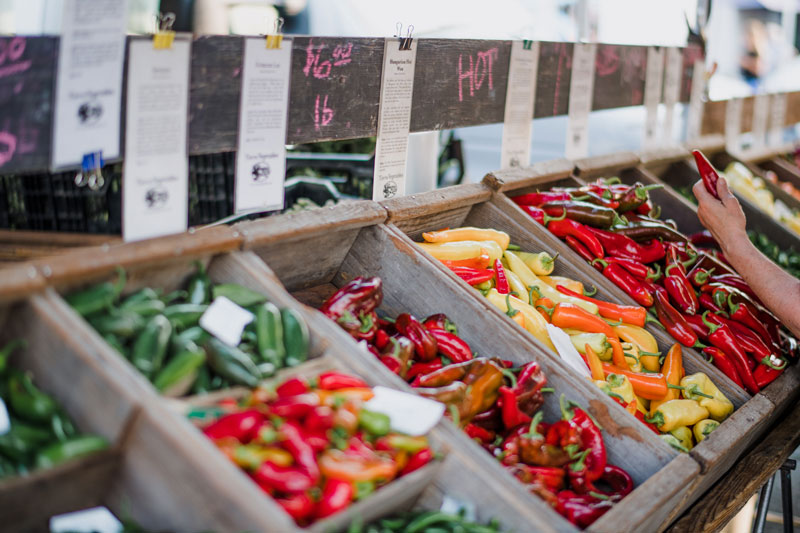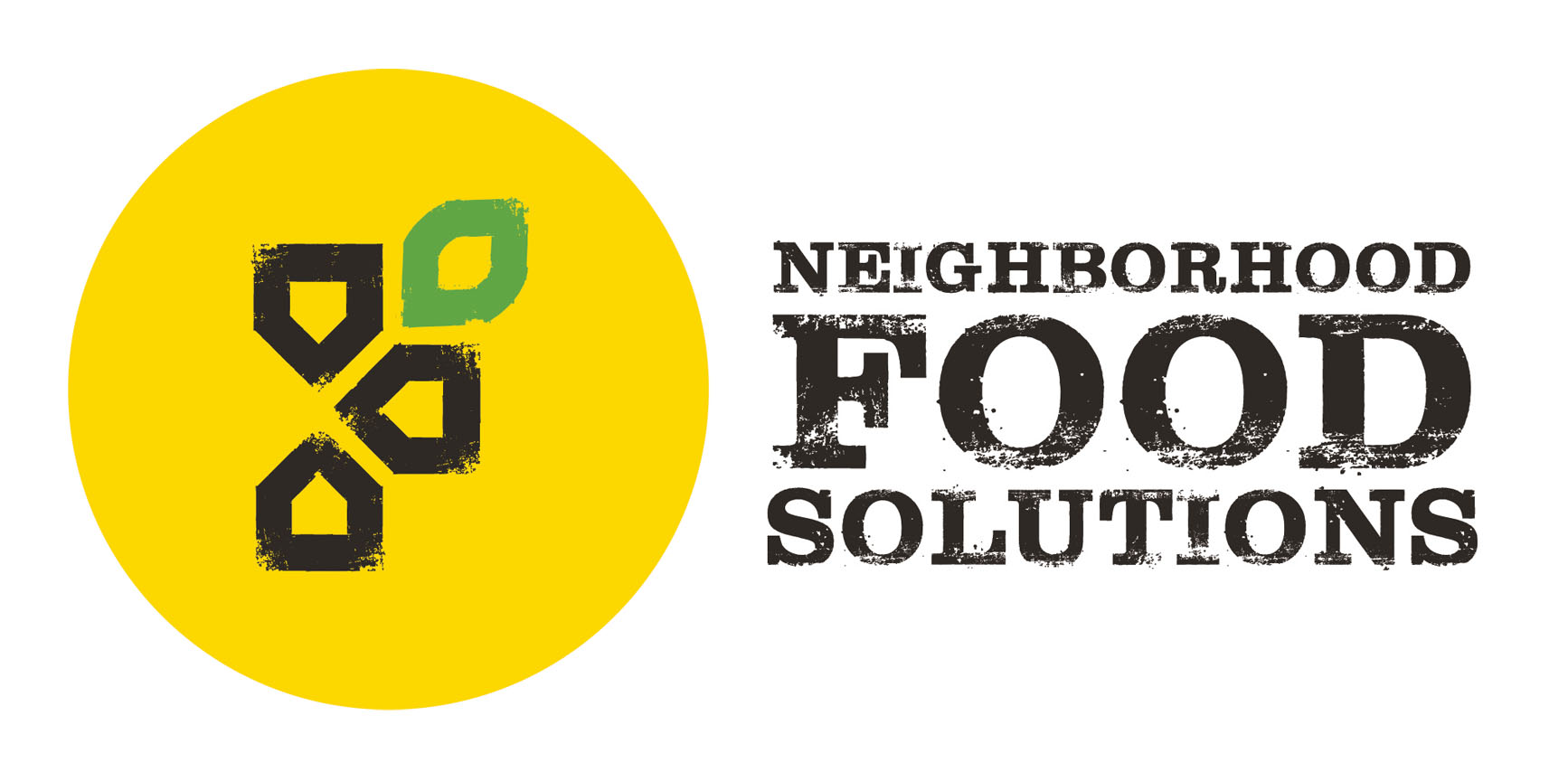About Us

The founders of Neighborhood Food Solutions (NFS) believe that Robert Pierce’s vision in developing a strong foundation for a just food system in South Madison, and its surrounding communities, is crucial. The conversation started about forming a nonprofit organization in the Summer of 2016. In December 2016, NFS was officially registered with the State of Wisconsin.
History
Robert Pierce, a long-time resident of South Madison, has started his own practice of urban agriculture in 1984. Robert recalled his initial steps saying, “It started off as something for myself [with] health benefits because of the allergies I had contracted after Vietnam. I was also at a business college at the time too. And I decided at that point that I wanted to become an organic farmer,”. His motivation was to produce healthy food for himself and his family. Over time his goal has expanded to ensuring access to safe, affordable, and healthy food for the low-income and multi-ethnic South Madison community. As the owner of Half the Forty-Acres Farm, and the Manager of the South Madison Farmers’ Market, Robert has been active in multiple local food projects and is now focused on developing a strong foundation for a just food system in South Madison.
At its recent inception, NFS was founded upon two principles: (1) to engage community members in learning about the economic, social, health, and environmental impacts of food, and (2) to promote active participation from community members and help implement community development strategies that create food-related economic opportunities.
Under NFS, two programs carry out the founding principles and fill in the gaps seen in the community. The Farming After Incarceration Release (FAIR) Initiative gives formerly incarcerated individuals a chance to get back on their feet socially and financially. These individuals are engaged in urban agriculture while participating in strengthening local food systems. Program for Entrepreneurial Agricultural Training (PEAT) that was developed in 2009 works with low income and at-risk youth about where food is going and who is getting it. Beyond simply teaching them how to farm, the program guides them on how to become their own employer, eat healthy, and grow their own food.
We realize that we cannot work alone in making a difference. It is important to note that these programs are a product of a collaborative effort by multiple nonprofit organizations (see our partners’ page).
Our Mission
We are organized and operated exclusively to conduct charitable and educational activities related to urban agriculture, healthy food, and skills related to growing, distributing, and processing fresh produce.
We will focus on working with locally disadvantaged communities, including but not limited to youth and formerly incarcerated individuals, in an effort to develop leadership skills. In doing so, our goals are to:
- Engage community members in learning about the economic, social, health, and environmental impacts of food.
- Promote active participation from diverse community members and help implement community development strategies that create food-related economic opportunities.
Core Values
Neighborhood Food Solutions supports the reintegration of members of the community by facilitating learning and providing job security through urban agriculture and food production.
Cultivate local economies
- Engage communities in a movement to address local food accessibility issues
- Stimulate local food systems based on urban agriculture practices
- Bring the local food movement to underserved communities
Sustain social and environmental reforms
- Connect local communities by building mutual and lasting partnerships
- Equip the community with the tools to reform injustices
- Build a new generation of community members invested in safe, affordable, and healthy food
Empower members of marginalized communities
- Offer economic opportunities to community members including previously incarcerated individuals and disengaged youth
- Develop a self-sufficient community that can continue to address immediate issues
- Facilitate civic leadership and entrepreneurial skill building
